An antenna tuner is a device that allows you to adjust your antenna system’s impedance to match the impedance of your transmitter or receiver. This is important because it ensures that all of the power from your transmitter or receiver is transferred to your antenna and not wasted in the form of heat.
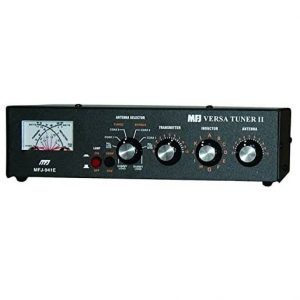 | 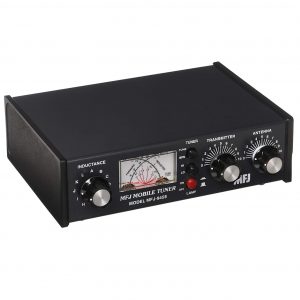 | 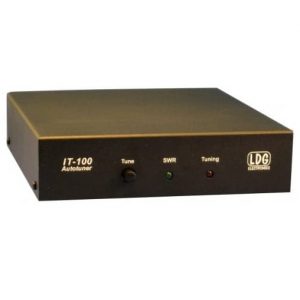 |
| MFJ-941E | MFJ-945E | LDG Electronics IT-100 |
|
|
|
There are many different antennas to choose from, but which is the best for your needs? In this article, we will discuss the best antenna tuners and what they can do for you. Antenna tuners can improve your antenna’s reception by aligning it properly and potentially boosting its signal. Additionally, some tuners can also scan for available channels and provide information about them so that you can select the best ones for your location. These are generally simple tuners, but they can be helpful if you have an essential antenna that needs to be aligned properly and wants to ensure it is receiving the best possible signal.
MFJ-941E HF Antenna Tuner – The Editor’s Choice
 The MFJ-941E HF Antenna Tuner is perfect for the beginning ham or anyone who wants a good tuner that is easy to use. With 300 watts of power handling and a 1.8-30 MHz range, it can handle most any situation you might find yourself in.
The MFJ-941E HF Antenna Tuner is perfect for the beginning ham or anyone who wants a good tuner that is easy to use. With 300 watts of power handling and a 1.8-30 MHz range, it can handle most any situation you might find yourself in.
This MFJ-941E HF Antenna Tuner is perfect for those who need an antenna tuner with a lighted Cross-Needle meter that shows SWR. It also has a 4:1 balun and 1000 Volt capacitors. Plus, the MFJ-941E is easy to use – connect it between your antenna and transceiver, set the power level, and you’re ready to use it.
The MFJ-941E is a high-quality HF antenna tuner that will match any antenna to your transmitter. The clear multicolor Lexan front panel makes it easy to see the settings, and the durable aluminum cabinet will last for years.
MFJ-945E Mobile Manual Antenna Tuner
 The MFJ-945E is the perfect tuner for your mobile ham radio station. This powerful tuner gives you the ability to tune any frequency between 1.8 and 60 MHz, so you can easily work stations all over the world. The 945E also features a built-in SWR meter, so you can quickly and easily adjust your antenna for maximum performance.
The MFJ-945E is the perfect tuner for your mobile ham radio station. This powerful tuner gives you the ability to tune any frequency between 1.8 and 60 MHz, so you can easily work stations all over the world. The 945E also features a built-in SWR meter, so you can quickly and easily adjust your antenna for maximum performance.
The MFJ-945E is a powerful 300-watt mobile antenna tuner that can easily handle the most demanding mobile and portable applications. With its fast, accurate tuning, the 945E will have you on the air in no time. In addition, it’s small and easy to use, making it a great addition to any vehicle. The SO-239 connector on the back panel allows you to connect it to your antenna easily.
LDG Electronics IT-100 Automatic Antenna Tuner
 LDG Electronics IT-100 antenna tuner is a great addition to your ham radio station. This tuner allows you to automatically tune your antenna to the desired frequency, making it easy to get on the air fast.
LDG Electronics IT-100 antenna tuner is a great addition to your ham radio station. This tuner allows you to automatically tune your antenna to the desired frequency, making it easy to get on the air fast.
With a frequency range of 1.8-54 MHz and a maximum power rating of 100 watts, the IT-100 is perfect for most applications. In addition, the tuner is controlled by the ICOM tuner button on the radio, making it easy to use.
This tuner is designed to work with random length, long wire, or ladder line-fed antennas, making it a versatile option for any setup. Plus, the optional external balun allows you to fine-tune your antenna even further for optimal performance.
ICOM AH-4 Antenna Tuner
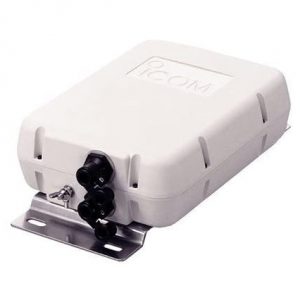 The ICOM AH-4 antenna tuner is an easy-to-use, lightweight antenna tuner that operates from 7-30 MHz. It can be used with the ICOM model AH-2B whip or 102 in. whips and is perfect for use with a suitable ground plane. This antenna tuner is an excellent choice for those looking for an affordable and easy-to-use solution when tuning antennas.
The ICOM AH-4 antenna tuner is an easy-to-use, lightweight antenna tuner that operates from 7-30 MHz. It can be used with the ICOM model AH-2B whip or 102 in. whips and is perfect for use with a suitable ground plane. This antenna tuner is an excellent choice for those looking for an affordable and easy-to-use solution when tuning antennas.
It is a great choice for those who want to operate their ham radio from a fixed location. This tuner requires a wire 23 ft. long and a suitable ground plane, making it the perfect option for those who want an easy installation.
Compatible Products
| HF Radios | SSB Radios | All Mode |
| IC-78 | IC-718 | IC-7610 |
| IC-7300 | ||
| IC-7100 |
ICOM AT-140 Automatic SSB Antenna Tuner
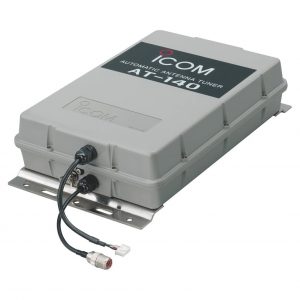 If you’re looking for an easy way to improve your SSB radio’s performance, the ICOM AT-140 antenna tuner is the perfect solution. This handy device automatically matches your radio’s impedance to the antenna, delivering significantly improved reception and transmission quality.
If you’re looking for an easy way to improve your SSB radio’s performance, the ICOM AT-140 antenna tuner is the perfect solution. This handy device automatically matches your radio’s impedance to the antenna, delivering significantly improved reception and transmission quality.
Whether you’re a casual listener or a serious ham operator, the ICOM AT-140 is a great way to get the most out of your SSB radio.
This antenna tuner is the perfect solution for any ham radio operator looking for an easy-to-install and reliable antenna tuner. The waterproof enclosure and easy cable connections make this tuner a breeze to install, even in difficult locations.
Compatible Products
| HF Radios | SSB Radios |
| IC-F8101 | IC-M802 |
| IC-78 | IC-M803 |
| IC-M710 | |
| IC-M700PRO |
The Buyer’s Guide
What is an Antenna Tuner?
A tuner is a device that amplifies the signal of an antenna. It is very similar to a radio, but instead of being able to receive a radio station, it can pick up AM or FM signals. A radio antenna can be strengthened using a tuner. These devices are particularly effective when fixing radio antennas and improving radio signals.
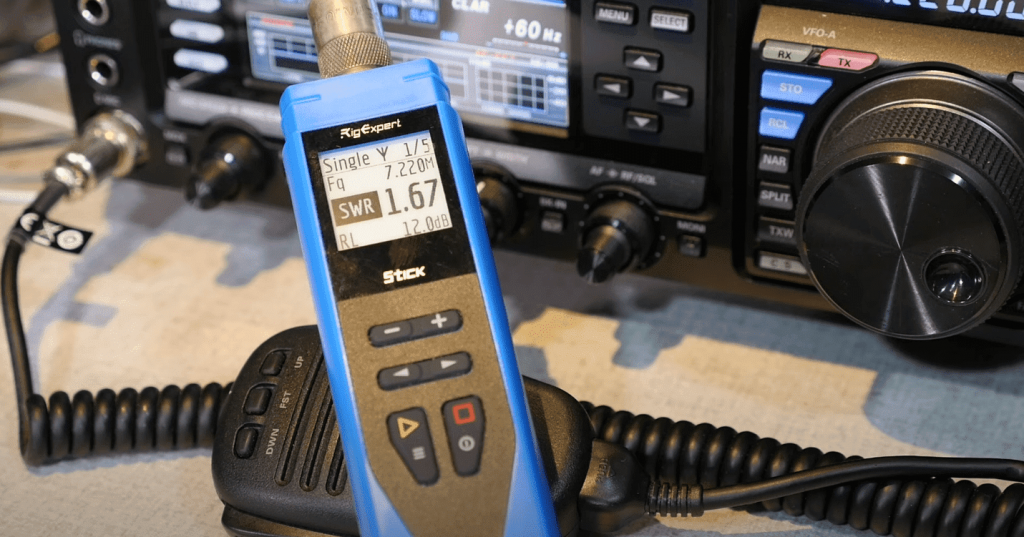
The primary purpose of any ham radio antenna tuner is to match the passport value of the transmitter output impedance to the unknown or mismatched antenna feeder wave impedance on one or more bands to compensate for the reactance that occurs, thus increasing the efficiency of the entire system.
A couple of common misconceptions:
- The antenna tuner supposedly tunes the antenna. In reality, the antenna tuner doesn’t tune the antenna, but any part of it!
- The antenna tuner supposedly improves the VSWR. In reality, the antenna tuner has no effect whatsoever on the VSWR in the feeder. The VSW in a particular transmission line depends only on the transmission line itself and the load connected to it.
Technically speaking, the antenna tuner converts the total resistance of the antenna-feeder device and leads it to the typical value inherent in your transceiver/receiver unit – 50 Ohm or 75 Ohm. Or to the coaxial cable used as the antenna feeder. More advanced antenna tuner models provide operation with both unbalanced (coaxial) and symmetrical wired transmission lines or single wire antennas.
As for the effect of the tuner on the reception, practical studies did not give positive results because the system is very broadband. Another thing is the use of a preselector with a system of loops on the input.
The Need for Antenna Tuners
An antenna tuner is a device that matches an antenna’s impedance to a transmission line’s impedance. This is necessary because the impedance of an antenna can vary significantly over different frequency bands. A tuner helps to ensure that the power delivered to the antenna is as efficient as possible.
How to Choose the Best Antenna Tuner?
There are many factors to consider when choosing the best ham radio antenna tuner for your needs. The most important consideration is the antenna you will use with the tuner. Other factors to consider are frequency range, power rating, and portability.
The first step is to determine the frequency coverage you need. Most antenna tuners cover amateur radio bands, but there are some that cover a wider range of frequencies. If you need a tuner that covers a wider frequency range, be sure to check the specifications carefully to make sure it will work with your antenna.
The next consideration is the power rating. Some antenna tuners can handle more power than others. If you plan on using a high-power amplifier with your tuner, choose one with a high-power rating.
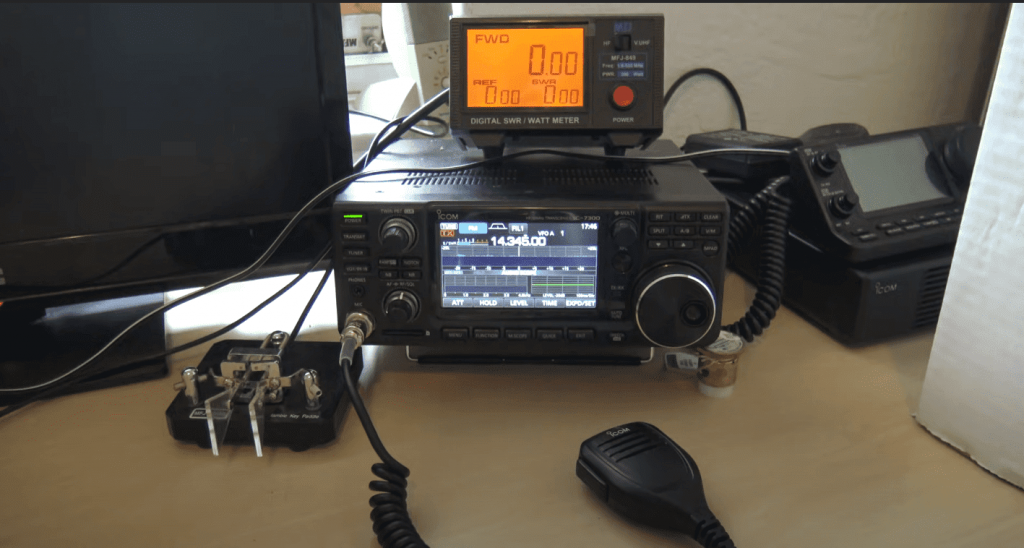
Portability is also an important consideration. Some tuners are very heavy and bulky. If you plan on taking your antenna tuner with you to different locations, consider the size of the unit. A portable antenna tuner is a good choice for mobile operation.
Next, determine how many channels you need for your base station setup. You can select a tuner that handles up to eight channels, but you may find yourself with only enough power for two or three of them.
It would be best if you also considered whether you plan on using an external antenna. You may not need an external antenna, but you should check the maximum number of channels that can be received with an external antenna and compare it to the number of channels you will use in your base station setup.
After all, the technical considerations are in place; the last thing to consider is cost. The prices for a new tuner can vary from around $100 to $500 or more. If you can afford it, this is a good deal.
Types of Antenna Tuners
There are three types of antenna tuners: manual, automatic, and digital.
Manual Tuners
Manual tuners are the most common type, and you can get one for under $100. A manual tuner consists of a series of inductors, capacitors, and switches that the operator uses to adjust the match between the transmitter and the antenna.
Manual tuners have a lot of limitations. They work only with your local broadcast channels because they tune in to the signal on your particular channel frequency. They can’t tune in to international channels. You still need an external antenna for the best reception of non-local stations.
Automatic Tuners
Automatic tuners are a bit more expensive, but they’re worth it. Automatic tuners are devices that automatically adjust a signal’s frequency to match the transmitter’s frequency. This allows for automatically tuning radios and other devices to specific frequencies. By and large, the automatic antenna tuner is only designed to automatically correct the alignment with the band antennas within these bands.
Digital Tuners
Digital tuners are the most expensive, but they’re worth it. These tuners can tune in to channels from all over the country and even around the world. A digital tuner is a device that helps you tune in to digital TV signals. It converts the digital TV signal into a form that your TV can understand and then sends it to your TV.
How to Use an Antenna Tuner?
There are many different types of antenna tuners, but all work in essentially the same way. The first step in using an antenna tuner is to connect it between the antenna and the transmitter or receiver. The next step is selecting the frequency you want to operate on. Then, slowly turn the tuning knob on the tuner while watching the SWR meter. You want to adjust the tuning until the meter reads as close to 1:1 as possible.
Efficiency and SWR
The efficiency of an antenna tuner is the ratio of the power being transmitted by the antenna to the power being received by the receiver. The SWR (standing wave ratio) is the ratio of the power being transmitted by the antenna to the power being received by the receiver. The more power your antenna can transmit, the more power it will be able to receive.
Antenna Tuner Care and Maintenance
Cleaning and maintenance of your antenna tuner is a simple matter of routine. Here are some suggestions regarding how often to clean your tuner, how to properly lubricate it, and what tools you need:
- Clean your tuner at least once a month. It is simple to do so, and it will keep your tuner in top shape. Use a soft plastic pencil eraser or something similar. Just stick it into the holes and pull it out.
- Clean the tops of the tuning knobs by wiping them with a soft cloth.
- Try cleaning the tuning knobs with a little dish detergent. This will remove any dirt that has accumulated there. Do not use soap for this purpose.
- Make sure all moving parts of your tuner are lubricated at least once a month.
- Make sure to check the tuning knob for any cracks or breaks. They are normally only cosmetic, and you can fix them by simply gluing them back together.
- The tuner is a very simple device, and it should be able to last you a long time without needing much maintenance.
FAQ
Is an antenna tuner worth it?
It depends on what you’re using it for. If you’re using it to improve the performance of your HF antenna, then the answer is yes, an antenna tuner is definitely worth it. If you’re using it to improve the performance of your VHF or UHF antenna, then the answer is less clear, as most antennas designed for those frequencies don’t require tuning.
Where to place the antenna tuner?
The antenna tuner should be placed as close to the antenna as possible. This will help to ensure that the tuner is receiving the most signal.
Is an antenna tuner always needed?
No, an antenna tuner is not always needed. If you have a good antenna and are using the correct frequency, you may not need a tuner. However, if your antenna is not very good or if you are using a frequency that is not the best for your antenna, you will likely need a tuner.
How much does the antenna tuner lose?
A tuner typically losses around 0.5dB. This is a small amount and generally won’t have much of an impact on the performance of your antenna.
Do I need an antenna tuner with an amplifier?
No, you don’t need an antenna tuner with an amplifier. However, if you’re using a high-power amplifier, it’s a good idea to use an antenna tuner to ensure your antenna is properly matched to the amplifier. This will help ensure that the amplifier works at its full potential and that you get the most out of your antenna.
What is a wide-range antenna tuner?
A wide range antenna tuner is a device that can be used to tune antennas over a wide range of frequencies (up to 220 MHz). This type of tuner is typically used with antennas that are designed to operate over a wide range of frequencies, such as broadband antennas.
How do I test my antenna tuner?
To test your antenna tuner, first, make sure that your transmitter is off. Next, connect your transmitter to your antenna tuner, and then connect your antenna tuner to your antenna. Turn on your transmitter and tune your antenna tuner until you achieve the best signal.
What is the difference between an SWR meter and an antenna analyzer?
An SWR meter is a device used to measure the Standing Wave Ratio (SWR) of an antenna. It does this by measuring the voltage and current at the input and output of the antenna. On the other hand, an antenna analyzer is a device used to measure the properties of an antenna, including SWR, impedance, and resonant frequency.
How do I know if my antenna is resonant?
There are a few ways to determine if your antenna is resonant. One way is to use an SWR meter. Another way is to measure the impedance of the antenna. The antenna is likely resonant if the impedance is close to 50 ohms.
How do I adjust my antenna frequency?
There are a few ways to adjust your antenna frequency. One way is to use the frequency adjustment knob on the antenna itself. Another way is to use the frequency adjustment setting on your TV or another device.
How do I reduce the SWR on my antenna?
You can do a few things to reduce the SWR on your antenna. First, make sure that the antenna is properly aligned with the transmitter. You can also try adjusting the length of the antenna or the distance between the antenna and the transmitter. If all else fails, you can add an impedance matching network to help improve the SWR.
What is the ideal SWR?
There is no ideal SWR, as each situation is unique. However, a good rule of thumb is to aim for an SWR of 2:1 or less. This will help to ensure that your signal is as clear as possible and that your transmitter is not putting too much strain on your antenna.
What is antenna Balun?
A Balun is an electrical device that converts between a balanced signal and an unbalanced signal. It is most commonly used to connect a balanced antenna to an unbalanced transmission line, such as a coaxial cable.
Do I need an antenna analyzer?
If you’re looking to improve your antenna’s performance, an antenna analyzer can be a valuable tool. By measuring your antenna’s impedance and SWR, you can identify areas where it could be improved. However, if you’re just starting out, you may not need an antenna analyzer. You can often get by with some basic testing and troubleshooting techniques.
Is an antenna tuner a good gift for a ham radio operator?
An antenna tuner is a great gift for a ham radio operator! It can help them to get the most out of their antenna and improve their transmission quality.
Conclusion
In conclusion, the best antenna tuners are those that offer a wide range of features and settings so that you can fine-tune your signal. They should also be easy to use so that you can make adjustments without having to fumble with complicated controls. And finally, they should be affordable so that you don’t have to break the bank just to get better reception. Thanks for reading!
Check this guides to improve your skills:

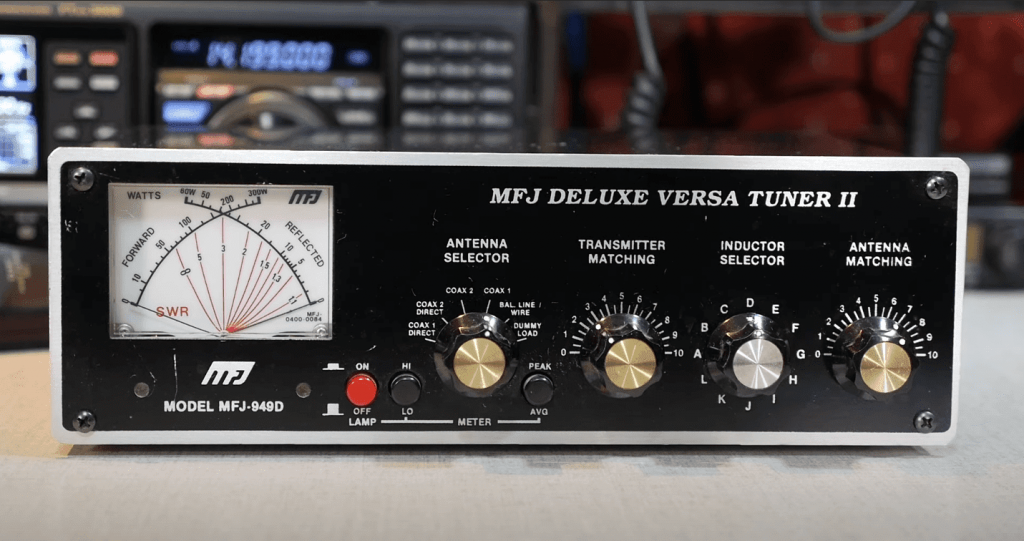
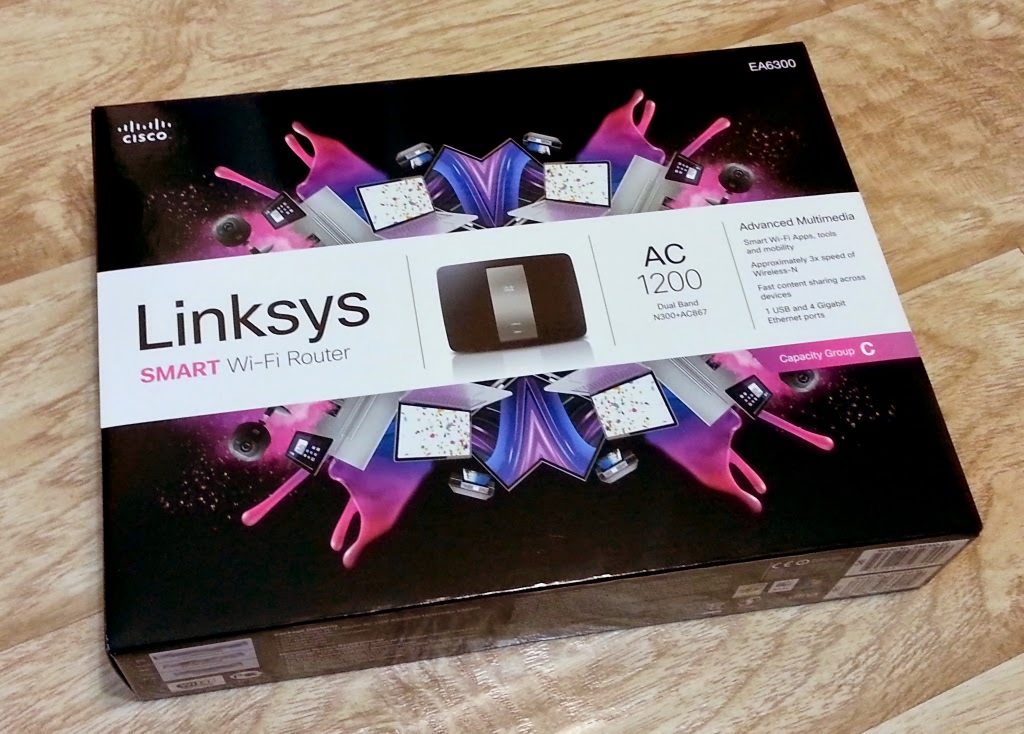
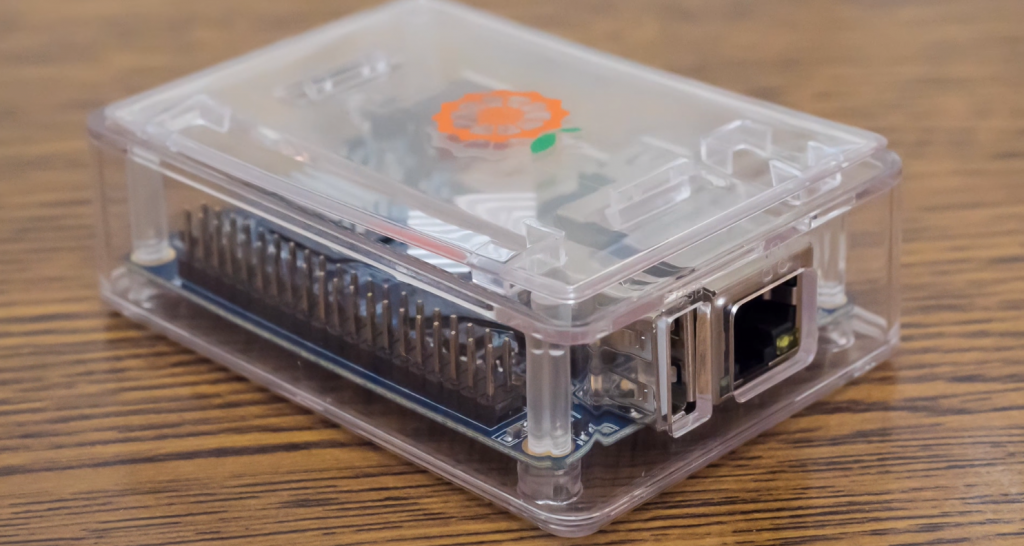
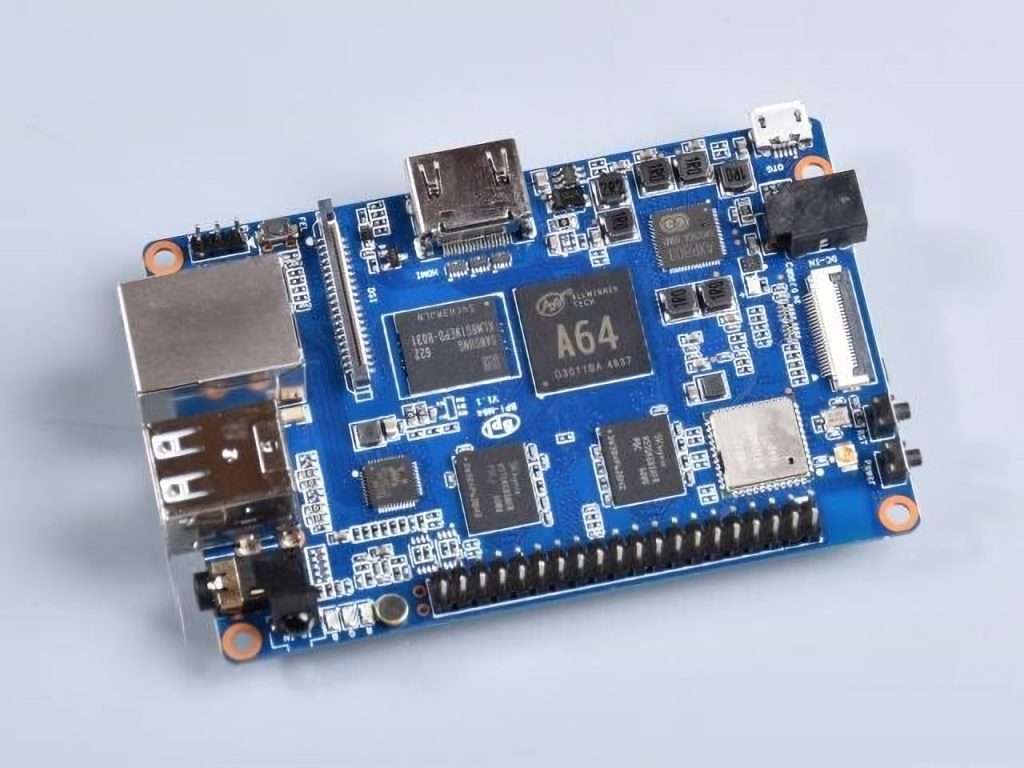
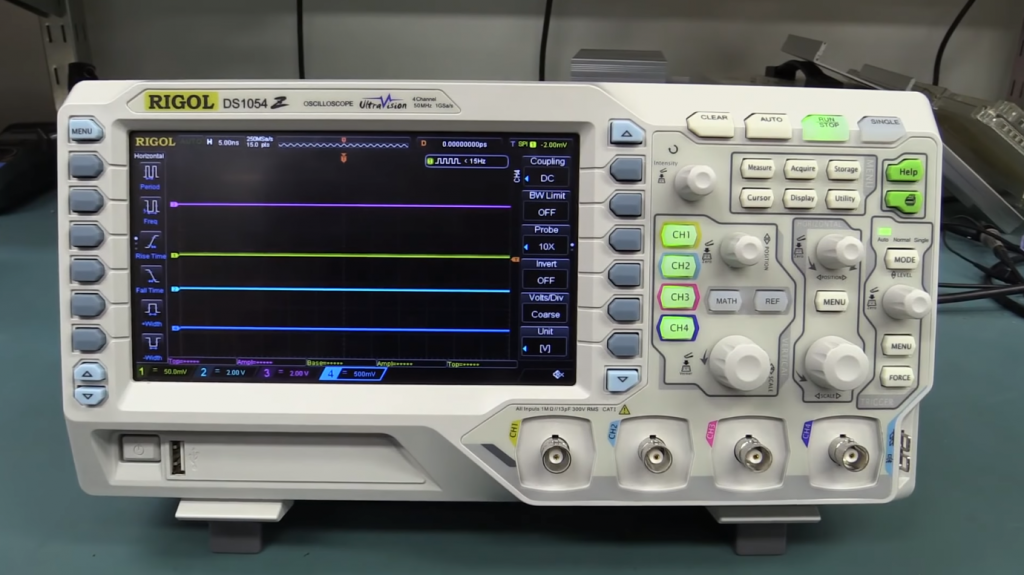
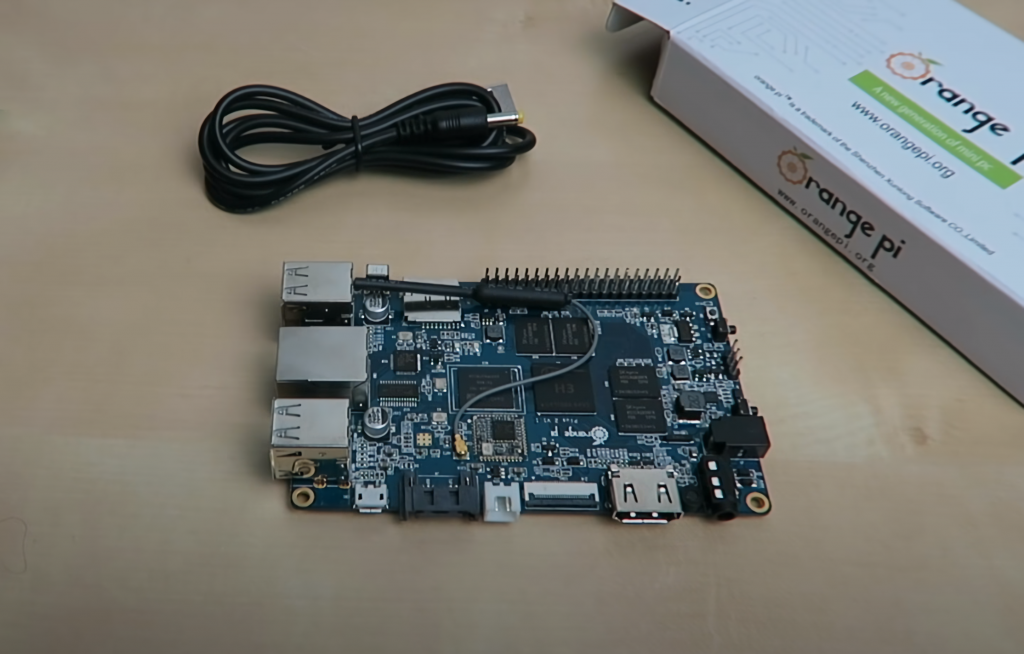
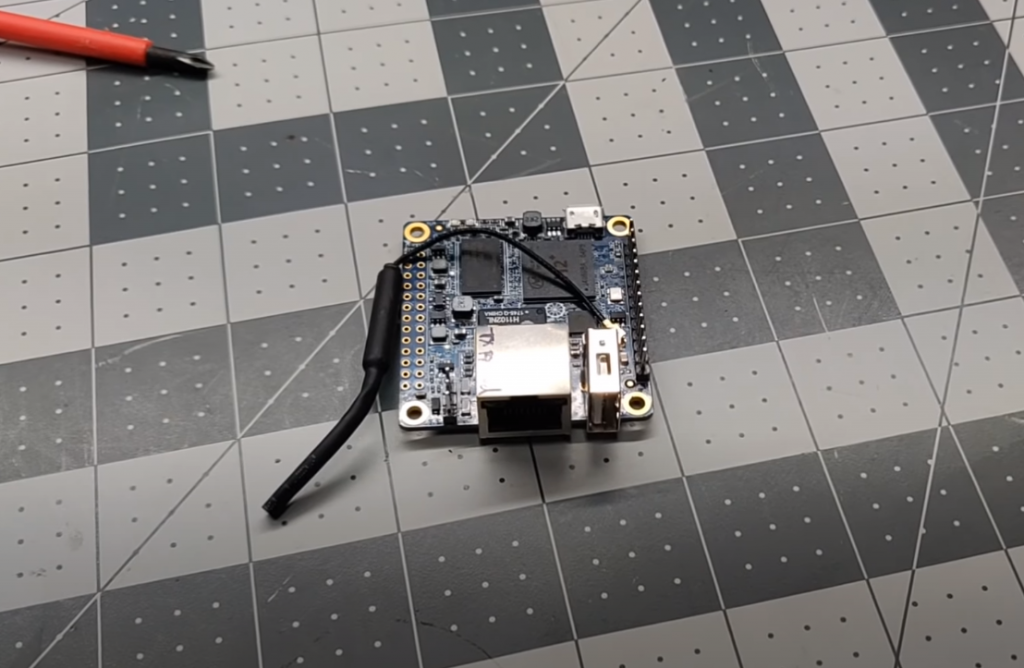
I decided to try using an MFJ antenna tuner with my CB radio. I had been using a simple whip antenna and was only able to communicate with people within a few miles of me. With the tuner, I was able to communicate with people much further away and even pick up signals from other countries. It was a great investment and has made my CB radio much more enjoyable.
Thanks for sharing, Theodore!
Digital tuners are the most expensive, but they’re worth it. These tuners can tune in to channels from all over the country and even around the world. A digital tuner is a device that helps you tune in to digital TV signals. It converts the digital TV signal into a form that your TV can understand and then sends it to your TV.